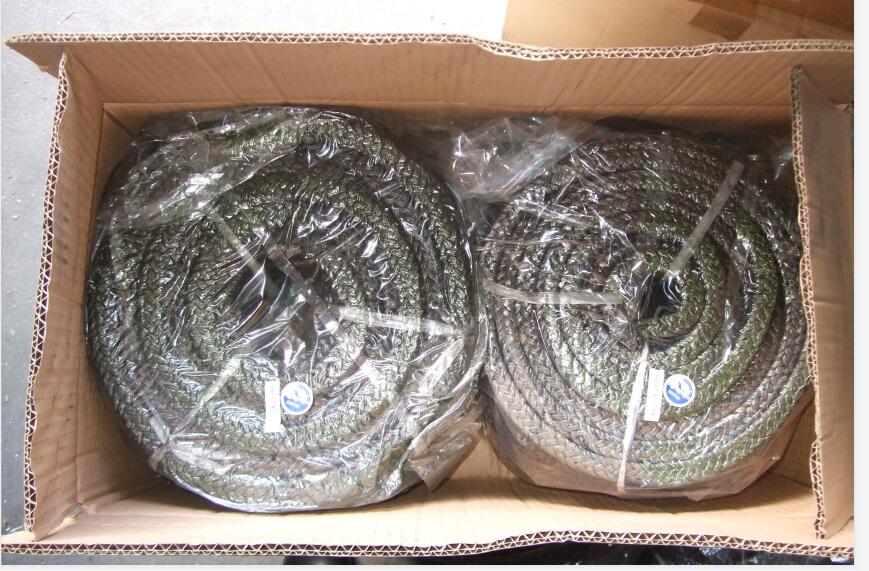
Graphite fiber packing is mainly woven by various reinforced graphite fibers, metal wires (steel wire, copper wire, nickel wire, carbon fiber, pre-oxygen wire, glass yarn) and other reinforced graphite wires. Suitable for dynamic sealing under high temperature and high pressure conditions. Except for a few strong oxidants, it can be used to seal hot water, superheated steam, heat transfer fluids, ammonia solutions, hydrocarbons, low-temperature liquids and other media, mainly used for sealing of valves, pumps and reactors under high temperature, high pressure and corrosion resistant media. It is also a unique universal sealing packing.
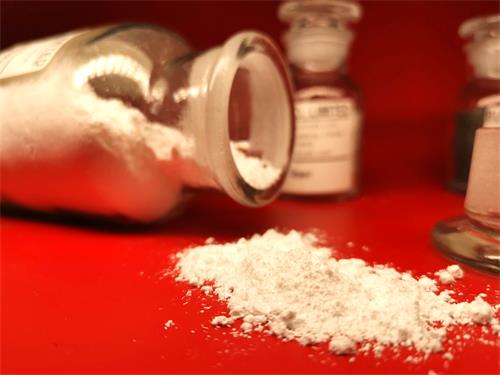
Effect of calcium sulfate whiskers on friction material of brake pads A Calcium sulfate whiskers are safe materials. B Calcium sulfate whiskers can be regarded as an anchor point to promote the formation of the third body layer, creating a very suitable condition for stabilizing the friction coefficient, so its shape is excellent. C. Calcium sulfate whiskers are excellent in heat resistance, because at up to 1000 degrees Celsius, it does not show thermal degradation, provides appropriate mechanical strength for the friction material, and also forms a third body layer under higher temperature conditions.
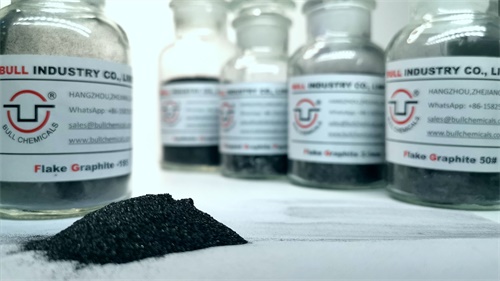
This article studies the adhesion and lubrication of graphite in semi-metallic friction materials, as well as the effects of different contents of artificial graphite on friction properties including friction coefficient, friction stability (stability of friction coefficient changing with temperature) and volumetric wear rate. And also compared with natural flake graphite. Due to the special adhesion of graphite, graphite can improve the friction coefficient within a certain friction temperature range. As a lubricant, graphite can effectively reduce the wear rate by reducing the direct friction between the friction material and the rough peaks on the friction disk surface.
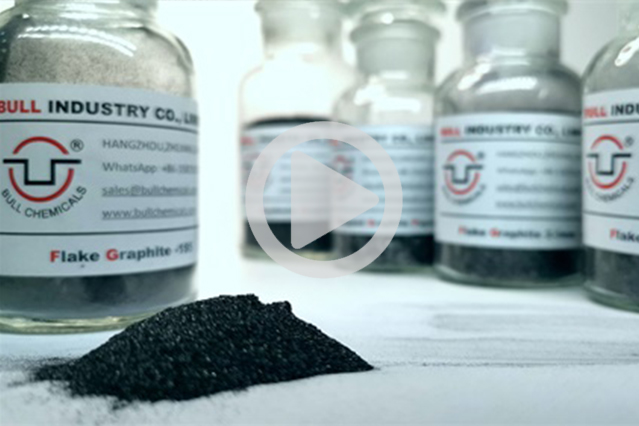
Natural flake graphite has a wide usage in many industries, like refractories, batteries, steel making, expanded graphite, brake pads and brake linings, foundry facings and lubricants. There are different types of flake graphite for your choices: like ±195, ±190, ±185, and other types, or even customized. Bull Chemicals has been committed to providing one-stop solution for flake graphite production, packaging, storage and shipment. We believe Bull Chemicals is one of your best choices. We look forward to your join! Email: sales@bullchemicals.com. WhatsApp/WeChat: +86-15825527055
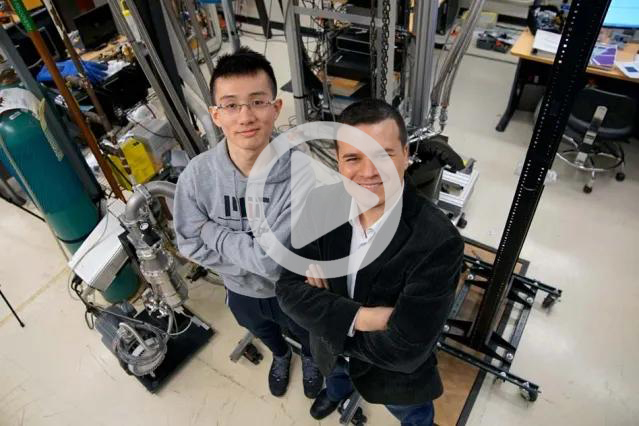
The Nature published two of Cao Yuan’s papers on Graphene in a row again in May 2020. This was not the first time that Cao Yuan shocked the world in this way. As early as 2018, Nature also published two papers on graphene with Cao Yuan as the first author. Immediately after the papers was published, it caused a huge response in the entire physics community. At that time, some reports claimed that "Cao Yuan solved the problem that plagued the world for 107 years."
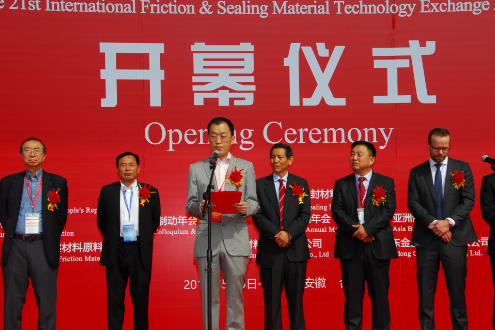
On May 5, 2019, the "The 21st International Friction & Sealing Material Technology Exchange And Product Exhibition

"Hero can not be a hero without the help from his partnership. Our association can not get that far without the help from experts and friends at home and abroad, companies within this industry. The rapid development of the automobile industry promotes the progress of us, we have no reason to slack."said Wang Yao.
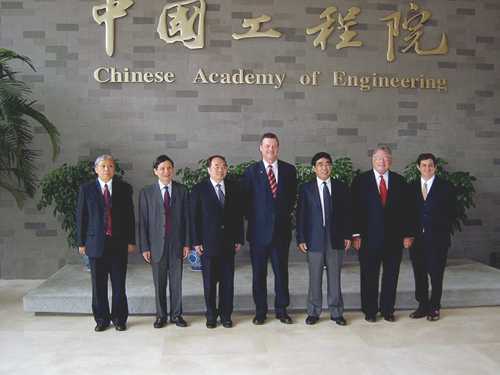
2005 Touching China Annual Iconic Persons award words, "He is a person researching into the most hard materials in the world, with gentle personality like jade. He is broadly and profoundly educated, thus he is generous to everyone, insisting on good-heart and utter innocence; When living quietly, he studies hard, while working energetic, he can overcome challenges with Midas touch. He is a respectable elder, growing and promoting through hardness and difficulties, returning back to China, the mother town after completing his further education in the United State , thousands and hundreds miles far away. His nobility our Dr. Huang Baiyun!"

Chemical Abstracts Service (CAS) is a division of the American Chemical Society. It is a source of chemical information.